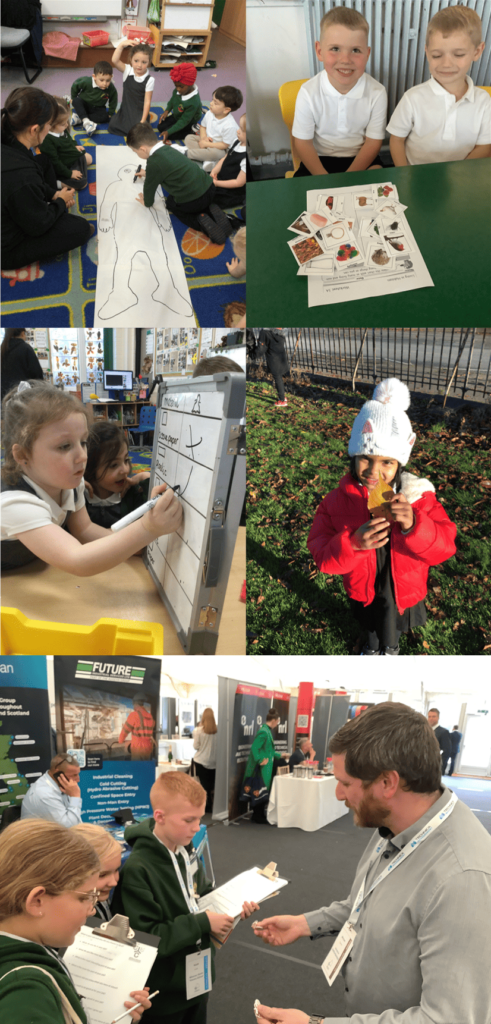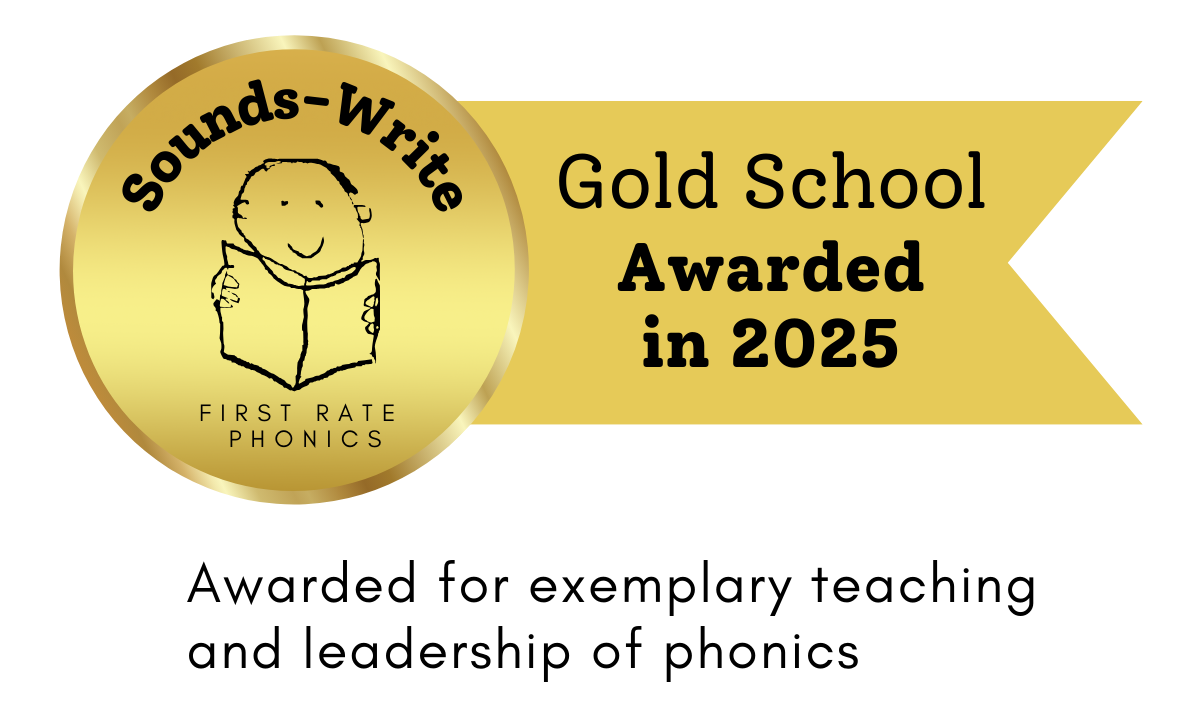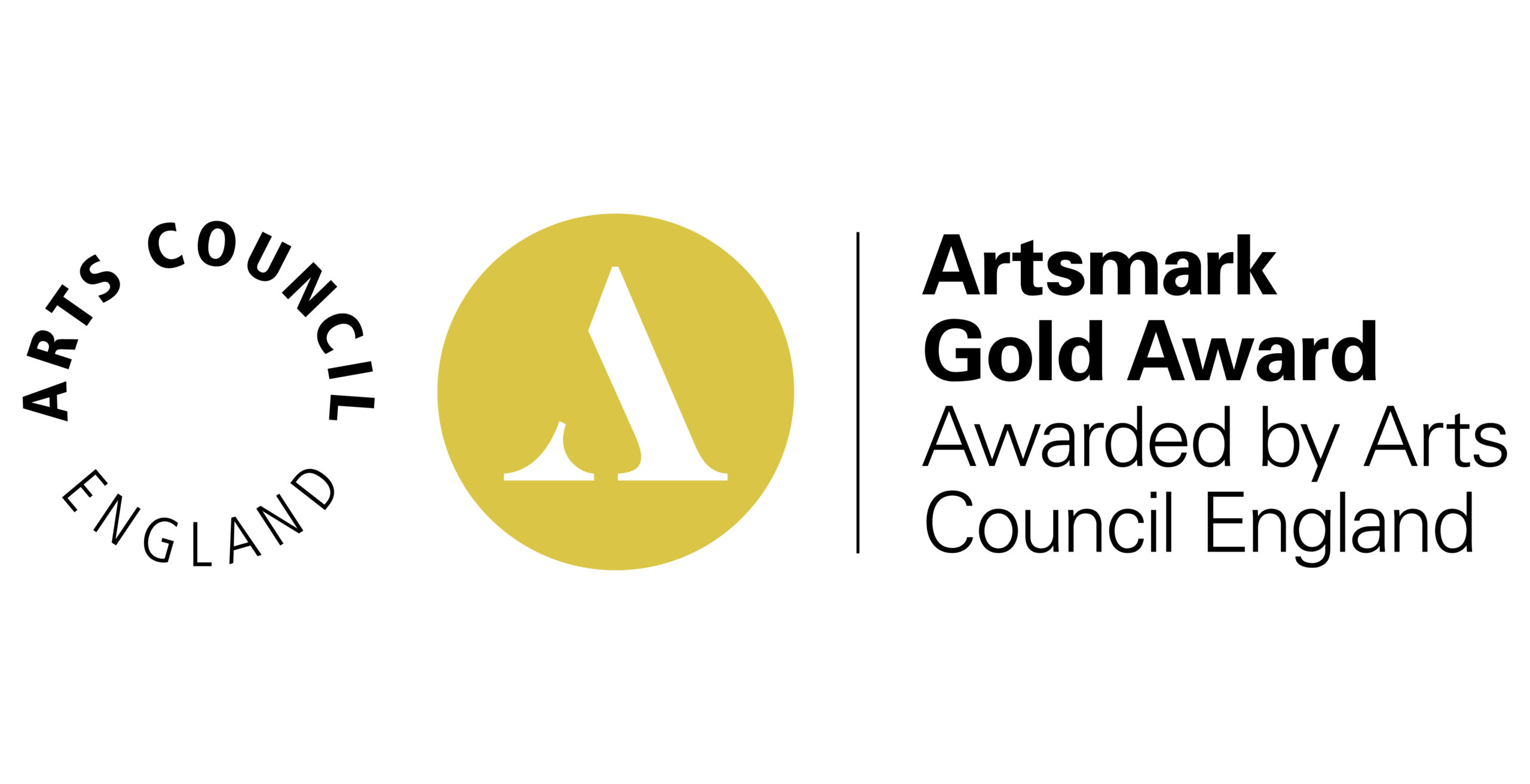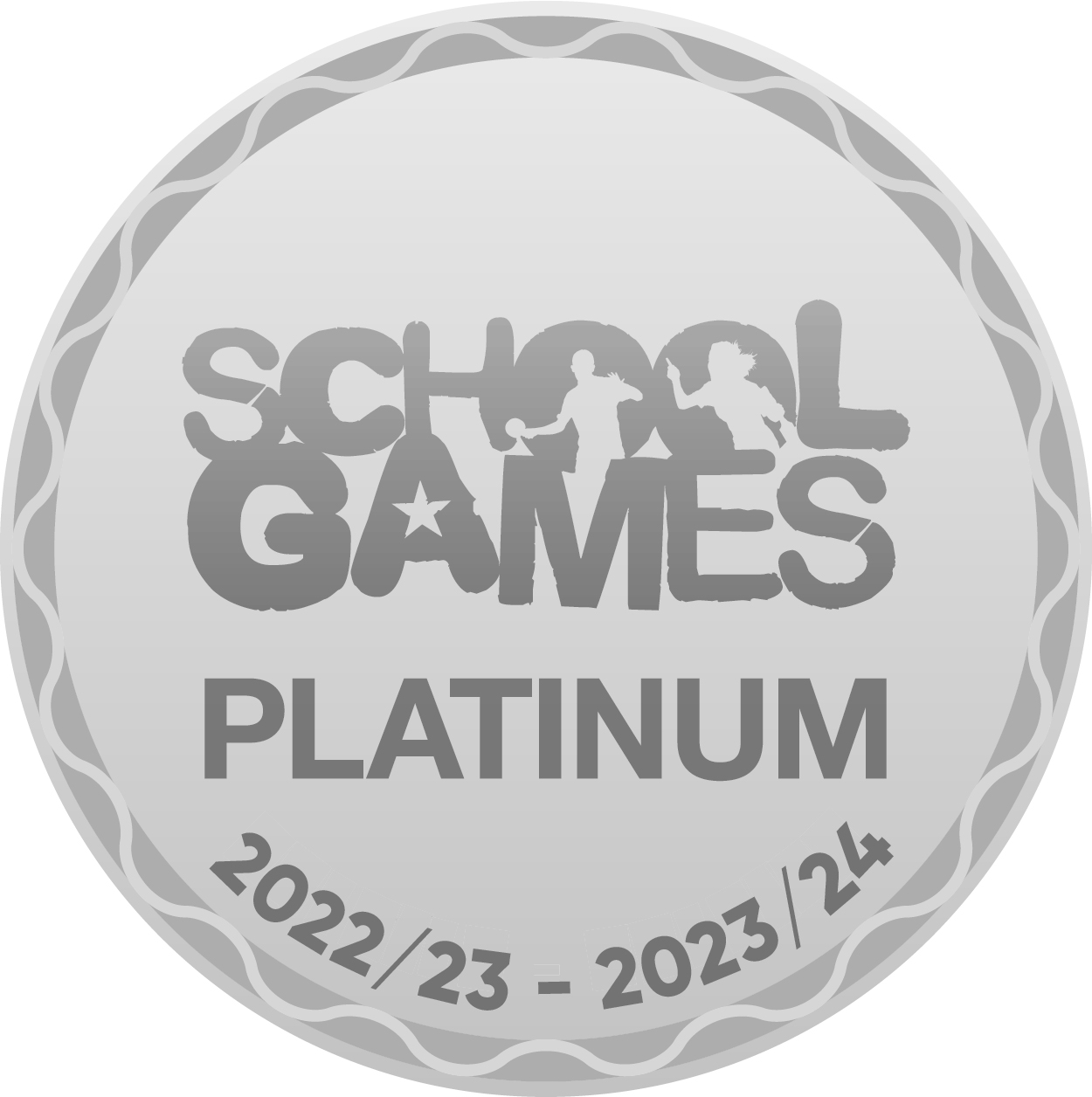Science
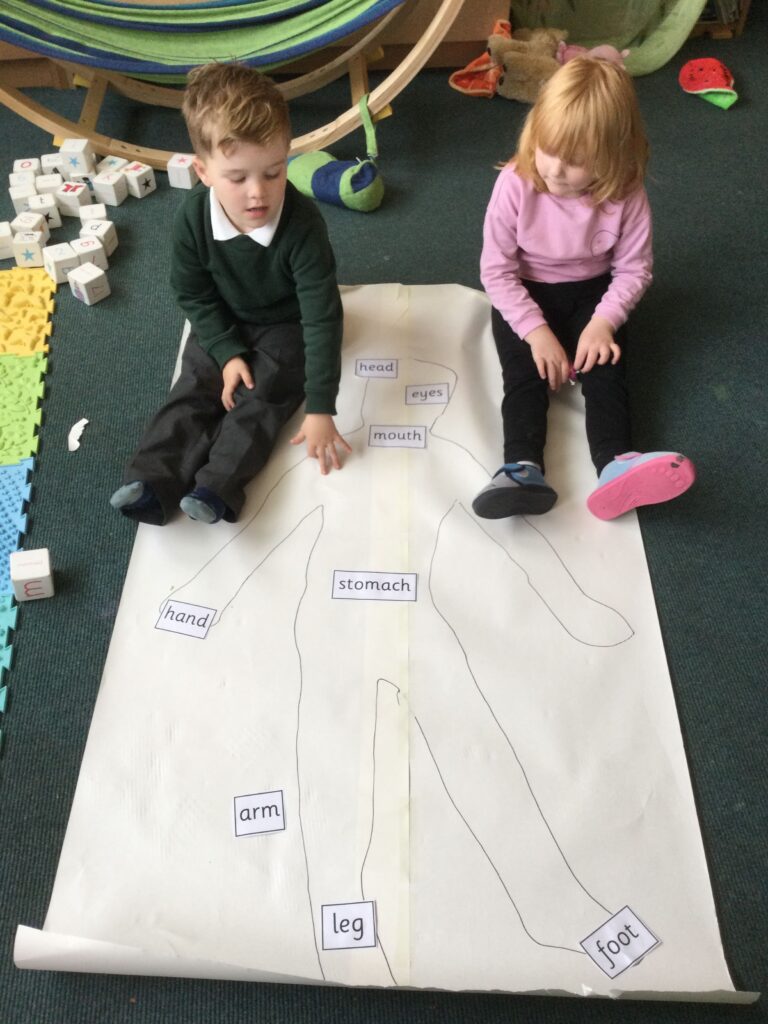
At Whinney Banks Primary School, we recognise the importance of Science in every aspect of daily life and encourage our learners to be inquisitive throughout their time at Whinney Banks and beyond. As one of the core subjects taught in primary schools, we give the teaching and learning of Science the prominence it requires.
We follow the 2014 National Curriculum for Science, which aims to ensure that all children:
- develop scientific knowledge and conceptual understanding through the specific disciplines of biology, chemistry and physics.
- develop understanding of the nature, processes and methods of Science through different types of Science enquiries that help them to answer scientific questions about the world around them.
- are equipped with the scientific skills required to understand the uses and implications of Science, today and for the future.
In delivering these objectives, teaching will foster the skills and understanding that are key to developing our learners as scientists. These skills and understanding are:
Substantive Knowledge:
The knowledge and conceptual understanding produced by research and discovery within a child’s learning. The ‘established knowledge’ and ‘facts’ of science.
Disciplinary Knowledge:
What a child learns about how to establish and refine scientific knowledge by carrying out practical procedures. The skills of questioning, observation, testing, predicting, evaluating, drawing conclusions and asking, ‘What next?’
Practical Work:
Teaching and learning that involves pupils observing and manipulating the materials that they are studying.
Our Science curriculum fosters a healthy curiosity in children about our universe and promotes respect for the living and non-living environment. Our lessons include Bright Ideas starters to help children sort, organise and connect their scientific thinking as well as ‘Flashback 4s’ that enable a review of learning from all previous years. The main content of a National Curriculum (NC) lesson follows the Education Endowment Foundation initiative, Thinking, Doing, Talking Science (TDTS). This ensures our NC Science lessons are more practical and creative. It also challenges our pupils to use higher order thinking skills. We believe the TDTS approach to science will encompass the acquisition of knowledge, concepts, skills and positive attitudes. Our belief in scientific learning being based in practical activities means that lessons are appropriately and well resourced with children being given every opportunity to be ‘hands on’ in their learning. Across all the classes, children are regularly paired with different partners to allow productive learning conversations, to support each other and to share their ideas, knowledge and understanding.
The school is fortunate to have an abundance of outdoor space including a carefully designed outdoor classroom. This allows us to take our science learning outside which promotes engagement, retention and attainment. Our children love learning outdoors!
Our early years provision has been carefully crafted to develop essential knowledge, vocabulary and skills to aid children in making sense of the physical world around them. Within their setting, children are encouraged to be scientists by using their senses to investigate materials, observe and discuss similarities and differences and describe what they can see, smell, hear and feel. Fostering natural curiosity in their early development is critical to ensuring they become scientific thinkers and questioners.
For examples of knowledge organisers, please click below:
Year 2 Use of Everyday Materials
Year 4 Digestive System and Teeth
For examples of knowledge maps, please click below:
Year 1 Animals Including Humans
Year 2 Living Things and their Habitats
Click here for our Progressions in Working Scientifically
